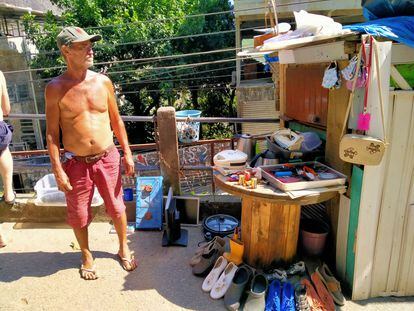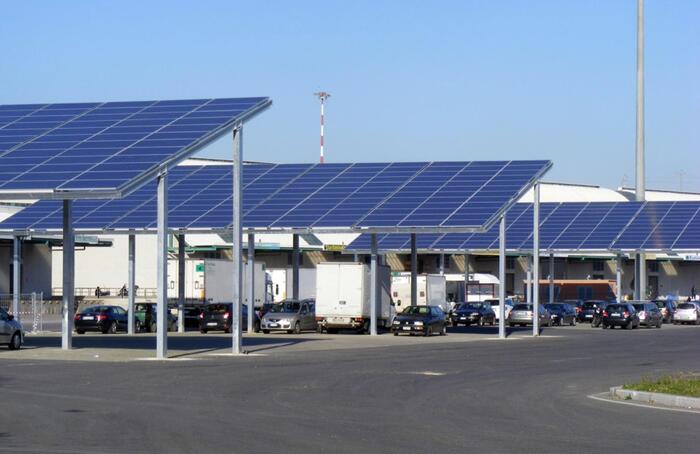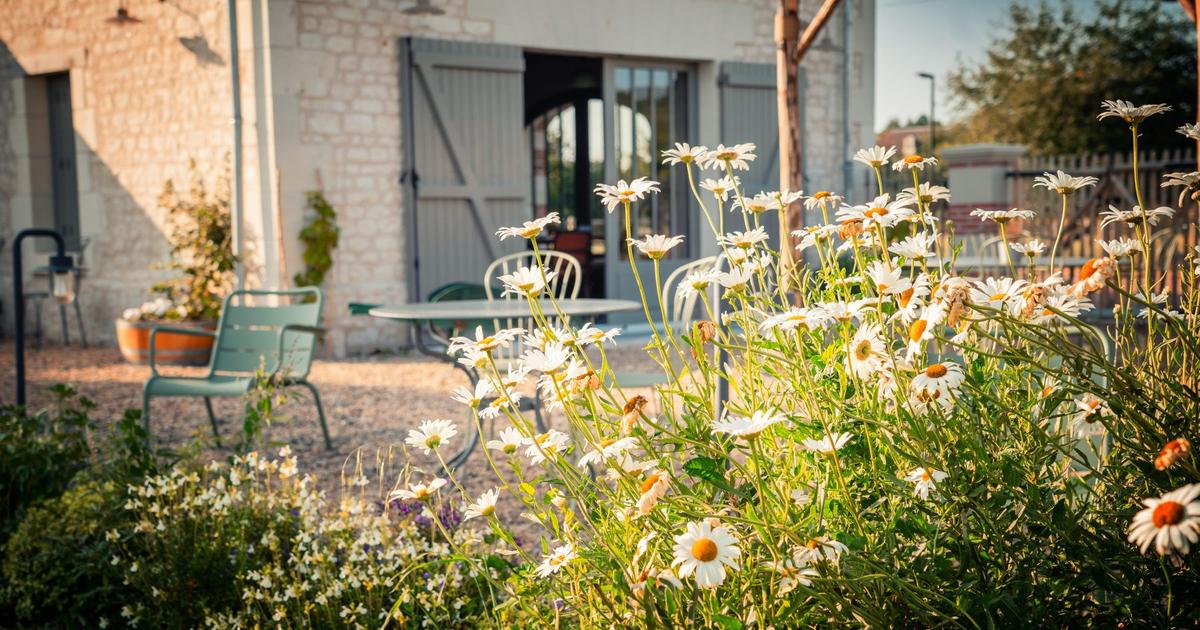I return home to Madrid after half a year working in Brazil.
An alliance of companies, universities and public agencies had proposed to me to carry out sustainability projects in Rio de Janeiro, scalable to the divided country.
I felt prepared, but mysteriously restless.
Although I have experience working in Brazil, since 2016 my bond was established through
online
jobs and unpublished events.
Rightly, it presaged new challenges, hidden behind tense contexts where I had to build bridges.
a thorny context
I landed in a different river.
The last five governors, like former President Lula da Silva, were imprisoned for corruption, polarizing society and propelling Jair Bolsonaro.
It is an international phenomenon, according to the sociologist Bruno Latour: anti-modernists, such as Vox, Le Pen, Trump,
Brexiteers
or Bolsonaro, spurred on by modernists who continue to build perceptions far from the people through an exhausted left-right binomial.
Prescribers of the mantra “good bandit is dead bandit”, Bolsonaro and his family are, paradoxically, investigated for corruption.
The current president of Brazil promotes laws to favor police testimonies in court and hinders investigations into murders committed by police, including those of young black men from favelas.
There are no barbed wire or armored cars against the inequality that makes the entire Brazilian society suffer
Marielle Franco, black, born and raised in favela Maré, politician, sociologist and human rights defender, was assassinated in 2018. Bolsonaro, suspected of being related to the event and to the militias, whose members he decorates and employs in his cabinet, breaks down the State and encourages citizen armament.
Those paramilitaries openly control Rio.
They force citizens to buy, more expensive, their own internet, gas or security services.
In January 2022, Congolese Moïse Kabagambe, a black man from a favela, was beaten to death on the seafront.
According to his family, for claiming two days of delayed wages.
In such a situation, thick barriers and wire fences are installed, and armed militiamen are hired to protect buildings.
Caged, many citizens do not set foot on the street without an Uber in front of them.
Scared by inequality and poverty, the elite continues to ignore these central roots of its structural social problems that cage it.
Unfortunately, there are no barbed wire fences or armored cars against the inequality that makes the whole of society suffer.
Graffiti in favela Rocinha that tells the story of the community.Leonardo Martins Dias
Far from popular knowledge
State, organizations and privileged classes, absent and lacking education capable of raising awareness, tend to ignore the favelas.
They seldom listen, discuss or recognize informal popular knowledge.
Consequently, the impact of their aid (for the poor) is extremely questionable.
This gap is taken advantage of by the Evangelical Neopentecostal church, originating from Historical Protestantism.
Listening and being close to the people, it has doubled its base of faithful since 2000, including 30% of the largest Catholic base in the world, Brazil.
The Brazilian Institute of Geography and Statistics (IBGE) estimates that 14,000 new churches are opened each year and according to the former director of IBGE, José Eustaquio Alves, it is expected that about 40% of Brazilians will be evangelicals by 2032, surpassing the number of Catholics .
Not exempt from criticism, the evangelicals lead the battle for the recognition of the ignored people and their informal knowledge, exposes the anthropologist Juliano Spyer in
Povo de Deus
.
Poor blacks converted to Protestantism, contrary to the passive position of being vulnerable, support each other and distance themselves from welfare aid.
They glimpse new perspectives, they undertake, they ascend socioeconomically and they occupy spaces and political spectrums traditionally in the hands of white Catholics.
Nearly 40% of Brazilians are expected to be evangelical by 2032, surpassing the number of Catholics
As the anthropologist Cláudia Fonseca reflects, the formal society, including intellectuals, mostly uninformed, ignores it.
Many moderns, self-absorbed, fail to understand this phenomenon.
Disoriented and annoyed by a bold evangelical, who tends to perceive himself as an equal, unwilling to be the vulnerable one, they mock by distancing themselves (further) from the people.
Meanwhile, the antimoderns capitalize on power.
Bolsonaro strategically became an evangelical, thus conquering his main bastion of voters.
Now, Brazilian politicians seek to align themselves with evangelical values without losing the modern vote.
Vinicius do Valle, a doctor in Political Science from the University of São Paulo, stated in an interview for this article that "progressives must dialogue with evangelical conservatives if they want to progress."
Approaching popular knowledge
In this thorny context, I went to meet different collaborators to carry out sustainability projects, especially in the favelas, where the informal popular knowledge of 33% of the population is.
This was informed to me in an interview by deputy Marcelo Freixo, who heads the intention to vote for the governorship of Rio, in the elections that will take place in October.
Freixo has been the first to preside over an investigation against the militias and currently lives under escort, he was even exiled in Spain.
In those forgotten favelas, although I experienced imminent conflicts, I was able to verify humanity, collective consciousness, a sense of community, collaboration, creativity and the purpose of sustainability.
Open houses, doors and windows abound, even at night.
Children and neighbors play and vibrate through the streets of the favelas that I traveled, where I have not suffered a scratch.
Resident of favela Rocinha who is dedicated to recycling waste.Leonardo Martins Dias
There I interviewed collaborators such as Cris dos Prazeres, who promotes the recycling of waste collection in the Morro dos Prazeres favela;
or Regina Tchelly, a chef whose informal knowledge has led her to take advantage of 100% of food (for example, she transforms pumpkin seeds into milk) and for this she is invited to teach before renowned international chefs.
Likewise, I met André Ramos, a peacemaker who became an evangelical pastor after being arrested for drug trafficking in Complexo do Alemão, considered the largest arms and drug supermarket in Latin America.
Together with more than one hundred collaborators from various socioeconomic strata and cultures, we collaboratively create educational projects, promoting leadership and entrepreneurship using technology.
This involved interacting with and between diverse communities, facilitating authentic and quality dialogues.
These require listening, breaking out of preformed identities, natural sincerity and respect to build real trust between different people.
As a consequence, emotional links are generated that allow informal popular knowledge to emerge, to later be assimilated and integrated into formal scientific knowledge.
Informal knowledge is key to producing transformations towards a more authentic, genuinely social and environmental sustainability, and driving an economy at the service of people.
There is more truth in diversity than in homogeneity.
The union of knowledge conceives more intersubjective realities, which in turn enable the differentiated capacity for collaboration, reaching the point of promoting authentic transformations.
Different people, thinking collaboratively, expand their perceptions and perimeters of knowledge to reach differentiated solutions.
Different people, thinking collaboratively, expand their perceptions and perimeters of knowledge to reach differentiated solutions
This is the beginning of the transformation methodology towards a more authentic sustainability that I have systematized in the universities of Oxford and Berkeley.
For more than 20 years I have carried out projects, teaching and academic research on sustainability in almost all continents.
Currently, I am doing this at the University of South Africa, focusing on experiences that educate to raise awareness of authentic collaboration.
I began to perceive this methodology when my grandfather, a doctor, built and directed a private hospital where he treated anyone who needed it free of charge.
"We are all a society," he repeated.
Assimilating it led me to accompany my parents in their social and environmental projects with favela and rural communities, and later to make plans seeking this authentic sustainability.
Experiencing this genuine understanding and collaboration inspires me, makes me happy, and gives me a sense of purpose.
In this context, we are invited to travel through the informal knowledge of communities that know challenges like the Sustainable Development Goals like nobody else: poverty, hunger or inequalities.
Without this informal popular knowledge, sustainability is unsustainable and already unbearable.
Is it clear what sustains sustainability?
And for who it is?
This is the first article in a series of interviews on relationship with communities and informal popular knowledge: central pillars to transform towards authentic sustainability.
Leonardo Martins Dias
carries out multi-stakeholder sustainability projects.
He teaches classes and does research on more authentic sustainability, currently with a focus on education.
You can follow PLANETA FUTURO on
,
and
, and subscribe
to our 'newsletter'
here
.









